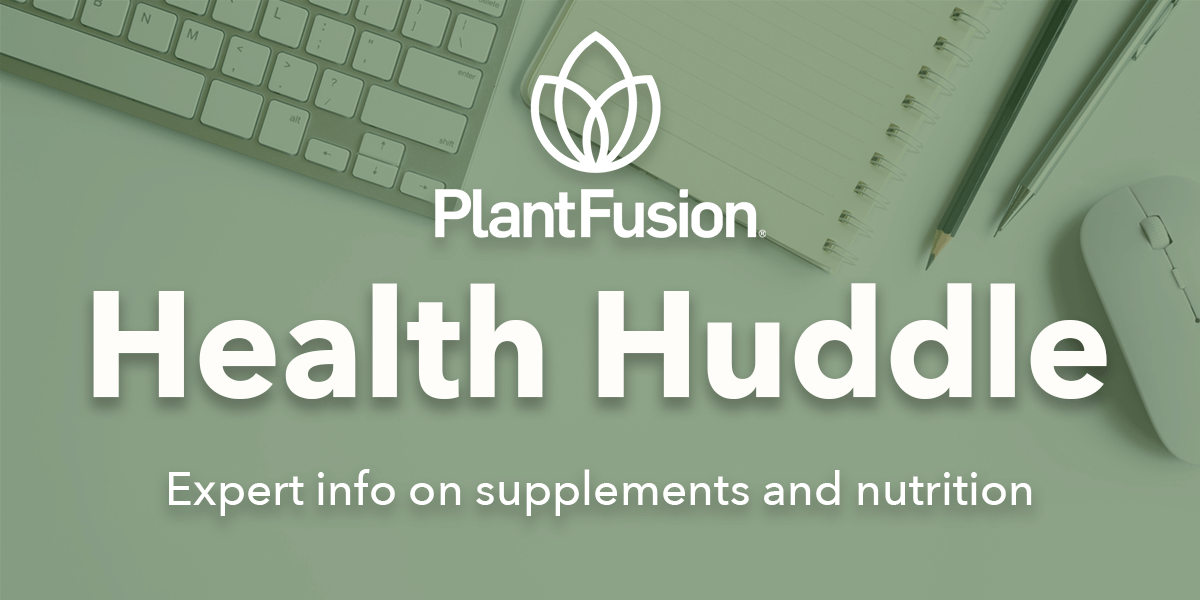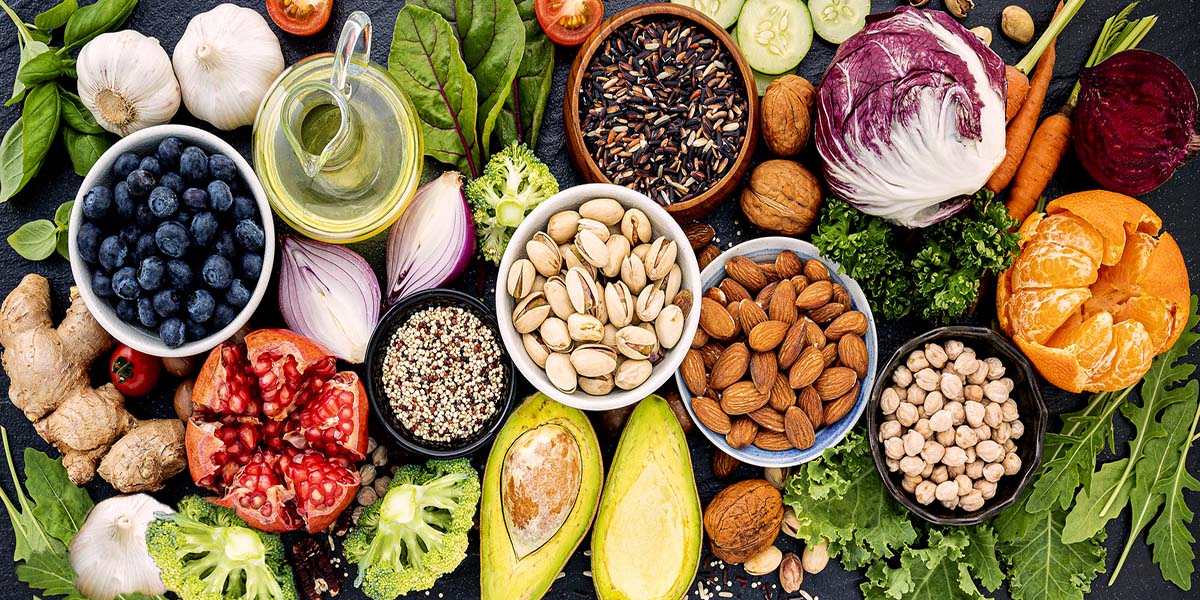This is part of our Ultimate Guide to Plant-Based Protein, a complete overview that will provide helpful information about plant-based protein, the main differences between plant proteins and animal proteins, what complete proteins are and why they are important, and how to get enough protein from plant-based sources.
A new study has revealed that the number of Americans following plant-based diets is up nearly 9.4 million over the last 15 years. People are increasingly choosing plant-based protein options, even if they don't label themselves as being strictly "vegetarian" or "vegan." This substantial growth can be easily seen in the many fast-food chains that have added or are planning to add vegan options to their menus. Welcome to the age of the flexitarian!
➤ CLICK HERE to check out PlantFusion's line of plant-based proteins!
The phrase "Plant-Based Protein" is popping up just about everywhere! Not just in places such as Burger King (irony!) with their Impossible Whopper, but if you had the desire, you could pretty easily track down a dinner of vegetarian Peking roast duck, make a vegan "shrimp" cocktail, have a "toona" fish sandwich - there is even a vegetarian haggis! (Who knew?)
But what exactly is plant-based protein, and if you haven't tried it yet, why might you want to?
What is Plant Protein?
Plant protein is a protein that is sourced exclusively from plants. Some examples of plant-sourced protein are nuts, seeds, tofu, tempeh, seitan, certain grains, and even peas. There is a sub-group of plant proteins that people have recently been identifying by the name of "pulses," as well. Pulses are large groups of plants that provide beans (such as black, pinto, and kidney beans), chickpeas, lentils, and split peas.
Plant proteins are highly nutritious. They provide an excellent source of fiber, vitamins, and minerals. Let's take a closer look at what plant proteins have to offer.
Are Plant Proteins Complete Proteins?
To be classified as a complete protein, a food must contain all nine essential amino acids. These are amino acids that our bodies cannot make on our own, therefore we must obtain them from food sources.
The nine essential amino acids are Lysine, Histidine, Methionine, Threonine, Tryptophan, Phenylalanine, Leucine, Isoleucine, and Valine.
When proteins are digested or broken down, amino acids are left, and our bodies use them to help the body with important biological functions, such as breaking down food, growing and repairing muscle tissue, or as a general source of energy.
A very commonly asked question is "are plant proteins complete proteins?" Let's explore!
Do Plant Proteins Have All the Essential Amino Acids?
While most plant-based proteins do not contain all nine essential amino acids, there are some that are considered complete. These include quinoa, buckwheat, and soy. Most plant-based protein sources tend to lack at least 1 of the essential amino acids. Pea protein technically contains all of the essential amino acids, but it's a little low in methionine, so you wouldn't want that to be your only source of protein.
So how can you be sure you are getting all of the essential amino acids when eating only plant proteins?
Protein Combining!
Protein combining basically means eating a variety of plant protein sources to ensure you consume all of the essential amino acids. It's easier than it sounds! Pulses and grains have different essential amino acids, so eating a protein from each of these groups will provide an overall complete protein source.
It is important to note that you do not have to get these combined proteins in every meal. They can be eaten in different meals during the day or the week. Additionally, plant-based protein powders can be an excellent supplement to a plant-based diet. A complete plant-based protein powder provides a tasty, convenient way to know that you are getting all of the essential amino acids, regardless of how your meals are stacked up on any given day.
Is Plant-Based Protein Good for You?
In a nutshell (see what we did there? NUTS, a good plant-based source of protein!) – YES! Plant-based proteins are VERY good for you, for a number of reasons. Some quick science in support of plant protein:
- A 2016 study published in JAMA Internal Medicine found those who got their protein from plant sources, such as beans, nuts, and grains had a lower mortality rate than those who ate high amounts of animal protein.
- A recent study published in the journal Circulation further proved that those who replace red meat with healthy plant protein can lower their risk of heart disease.
- Studies show that people on vegetarian or vegan diets are at a lower risk of certain diseases including cancers, type 2 diabetes, hypertension, obesity, and ischemic heart disease.
- Several studies have linked red meat consumption to an increased risk of heart disease, stroke, and early death.
What Are Some Health Benefits of Plant-Based Protein and Protein Powders?
An interesting fact about protein is that our bodies do not store it the way it does carbohydrates and fats. This means that we need a steady intake to meet our needs.
But protein is super important for our health! It's a component of every cell in the human body, we need it to produce enzymes and hormones, and our hair and nails are made almost entirely of protein!
Here are some other key health benefits to plant-based proteins:
IMPROVE GUT HEALTH
GET IMPORTANT VITAMINS AND MINERALS
STAY FULLER LONGER
WEIGHT LOSS
SUMMARY
Although the meat and dairy industries like to position animal protein as being the superior source of protein, hopefully, we have shown that is not always the case. Plant-based protein options should have a prime position as a protein source in our diets. Whether we want to lose weight, improve our health, try to save the planet a little, or spare the lives of some very cute animals, plant proteins offer a lot of benefits.
Google up some vegetarian meal ideas, pick up the latest issue of Forks Over Knives, and check out our selection of plant-based, vegan products to begin (or continue) your plant-based protein journey!














